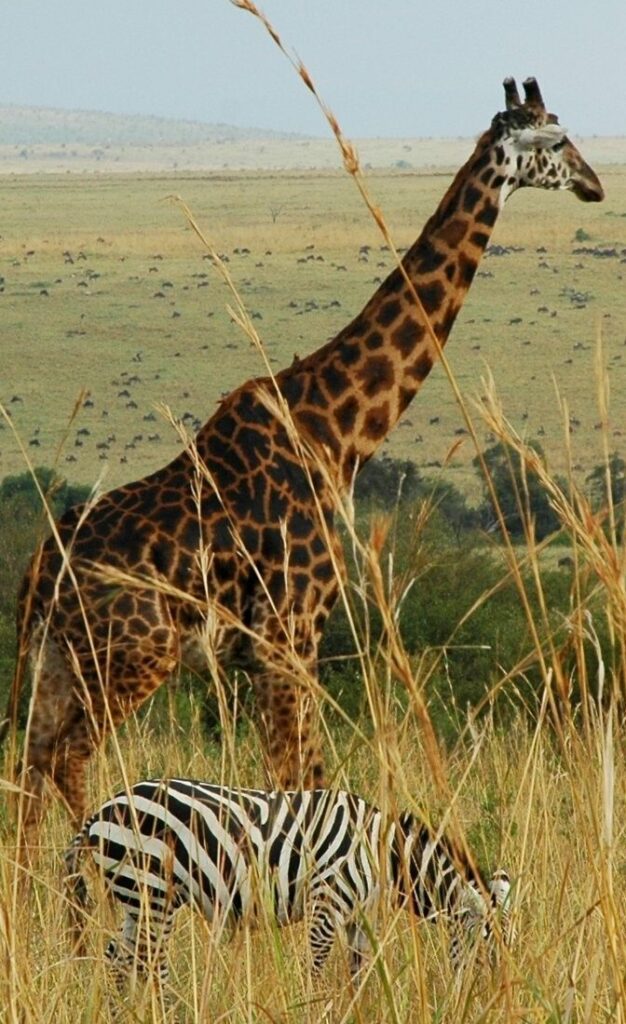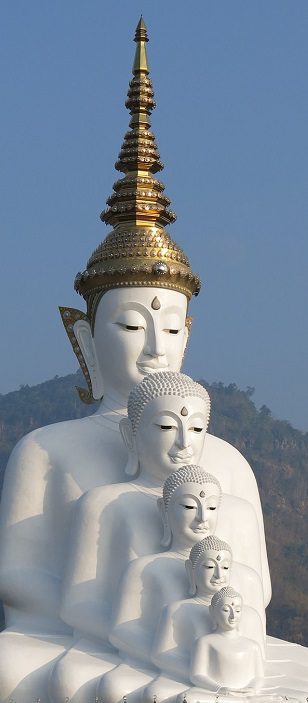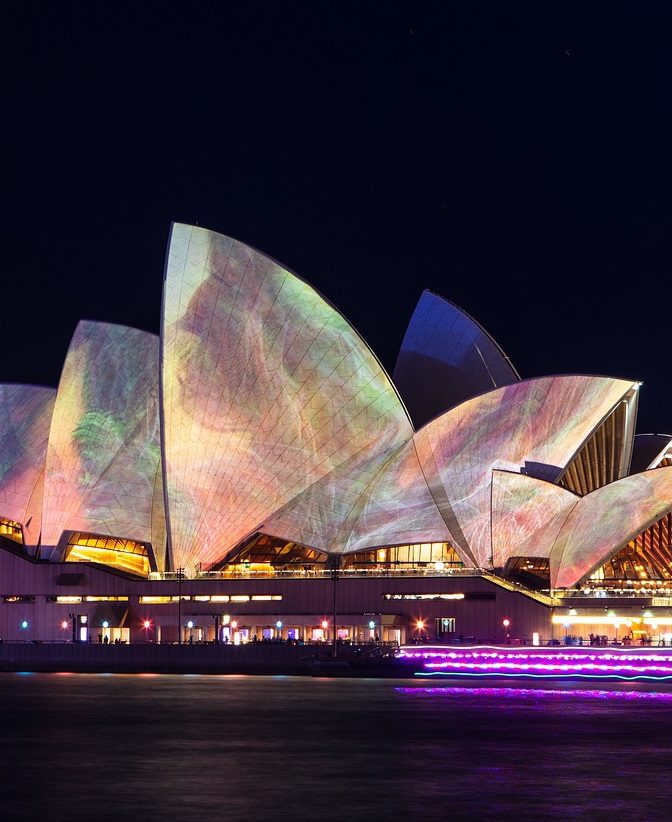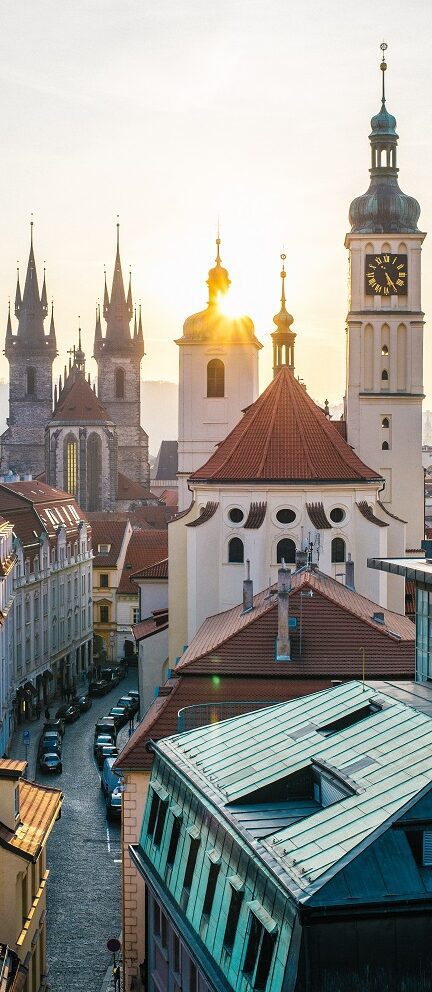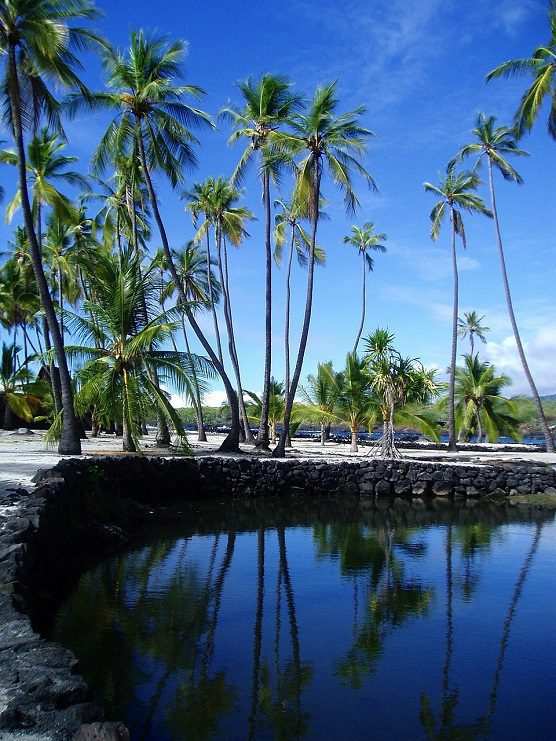THE COAST ON THE REBOUND – Sri Lanka is ringed with beaches, and some of the relaxed feeling of the place is owed to these sandy expanses, which let onto the Bay of Bengal, the Indian Ocean, and the Laccadive Sea. The water was rough when we visited Tangalle, Weligama, and Bentota in the south, where the long beaches border lively towns and are fringed with welcoming palms. There are temples of various kinds to visit along the coast, and the highly touristic matter of the stilt fishermen, who perch on tall wooden poles above the shallows to avoid frightening the fish. They have discovered that modeling is more lucrative than fishing, and so, regardless of the presence of marine life, they pose on their stilts, rods in hand, trying to look exotic.
They will also put you on a stilt; they will even put a fish on the end of your line for the photo. It’s good fun nonetheless, especially if you are traveling with a child. Up the coast, the seaside colonial city of Galle has become a chic weekend destination with a thriving artistic community—a gathering place for wealthy natives of the capital who want a real escape. We strolled through its narrow streets, shopping for jewelry, local textiles, and dubious antiques, and dining in its historic fort area, whose thick stone ramparts, from the Portuguese and Dutch eras, saved this entire area from the 2004 tsunami. We had dinner by the pool at our hotel, Amangalla, housed in a seventeenth-century fortress, amid more than 200 votives on tiny platforms in the surrounding hedges, with a violinist quietly playing traditional music.
The hotel, like the town of Galle, seemed to epitomize Sri Lanka’s mix of the elegant and the chaotic, the historical and the modern, the artistic and the prosperous. We attended a dinner party one night in Bentota, an hour north of Galle, hosted by Taru Fonseka, the owner of Taru Villas, a group of eight villa hotels across the south of the country. The guests were Sinhalese, Burgher {white Sri Lankan), Christian, and Tamil (Hindu). A Tamil Hindu woman told a story about being at a fashion show in Colombo, seat of the Sinhalese government, during a Tamil LTTE air raid in 2009, and described how even as she fled the Taj hotel she was heartened that the Tamil voice was being amplified. The other Tamils at dinner protested, and the conversation grew animated, but it was friendly and forgiving of even profound differences of opinion—more so than many prandial standoffs between Democrats and Republicans back home.

“We are finished with war, but we are not yet at peace,” an architect friend, Anjalendran, who is also Tamil, had said when we visited him at his home earlier in the trip. But even he conceded that he had tremendous hope, after years of entrenched pessimism. We spent our last two days in Colombo at the grand dowager Galle Face Hotel, which overlooks one end of an oceanfront park, a respite from the city’s bustle of old shops and new skyscrapers. On a weekend, hundreds of amblers thread their way among rows of beach umbrellas and food carts. The sky was a riot of kites, so thick in the blustery breeze that it was a wonder there were no tangles in the airborne traffic.
As sunset approached, the crowd swelled before the daily lowering of the giant national flag, with its ancient golden lion on a red field surrounded by four leaves of the sacred Buddhist fig tree, and set off by an orange stripe for the Hindus and a green one for the Muslims. The scene was somewhere between an outdoor rock concert and an egalitarian version of Seurat’s pointillist Sunday on La Grande Jatte. Beholding this model of civility en masse, I found it impossible to imagine the long stretch of beach to the north where, only seven years ago, thousands of civilians were killed in the last onslaught against the Tamil Tigers. One night, new friends in Colombo described the years of terror, and how pleasingly things have changed since the last election. “This is our time of freedom,” one of them said. “And that includes the freedom to welcome you here. Being able to do that gives us so much pleasure.”
